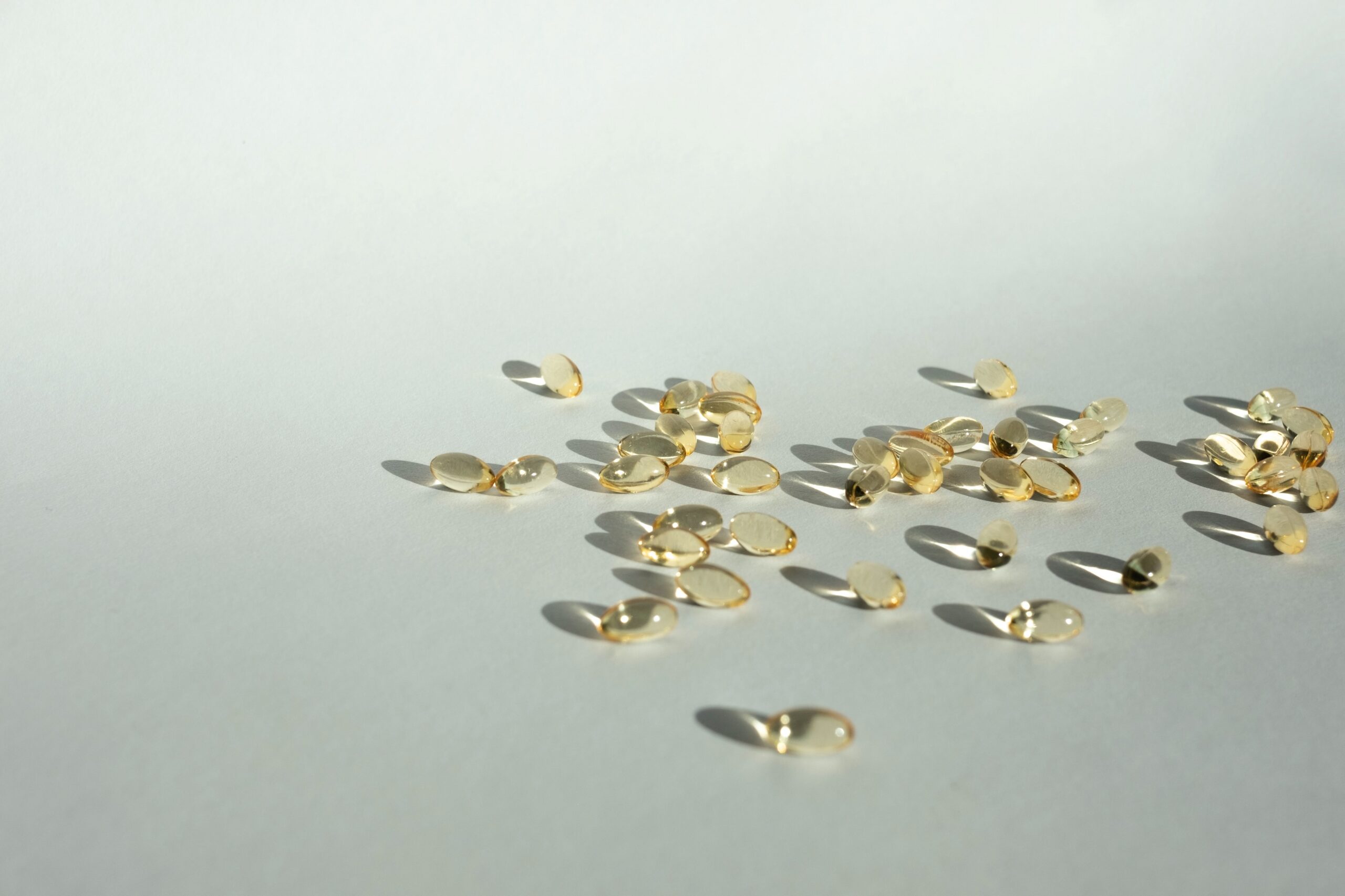Aloe Vera
Aloe vera has a long history of being used as a medicinal plant, dating back to ancient Egypt. It is native to North Africa, Southern Europe, Middle East and Canary Islands. Now, it is grown in a tropical climate as well.
One of the main usages of Aloe vera juice is it can help in relieving heartburn caused by gastroesophageal reflux (GERD). GERD is a condition in which stomach acid flows from stomach to upper oesophagus causing irritation and pain due to the loosening of lower esophageal sphincter. Daily consumption of 30ml to 90ml of aloe vera juice can help to reduce the severity of heartburn caused by GERD; this is likely due to its anti-inflammatory properties1. According to Karkala and Bhushan 2014, aloe vera juice can also help in easing pain and irritation caused by peptic ulcer2. Aloe vera is low in toxicity which makes it a suitable candidate for GERD and stomach ulcer natural remedy.
Many studies also show that Aloe vera is considered to be a good natural laxative; which can help in relieving constipation. In rat-model with loperamide-induced constipation, they were treated with ethanolic leaf extract of aloe vera for 7 days showed improved intestinal motility, increased faecal volume, and normalized body weight in the constipated rats3.
Another benefit of Aloe vera juice, it can help in managing blood glucose level too. A clinical trial in 1996 showing 1 tablespoon aloe vera juice, 2 times a day for at least 2 weeks consumption was shown to be able to reduce blood glucose and triglyceride level4. This claim is further confirmed in rat model study using aloe vera leaf pulp on 3 main groups of rat, the non-diabetic, Type 1 Diabetes Mellitus and Type 2 Diabetes Mellitus. Aloe vera leaf pulp extract showed hypoglycaemic effect on rats in both diabetic groups5. The claim of hypoglycemic effect of aloe vera leaf extract can be further concluded by a systematic review and meta-analysis conducted in 2016 saying aloe vera leaf extract can help in the management of hyperglycaemia with a marginal improvement in fasting plasma glucose (FPG) and significant improvement in HbA1C among 8 trials involving 470 patients6.
Aloe vera juice can be used as a natural mouthwash. A clinical trial involving 30 subjects; for which control group (n=15) are provided with just scaling treatment compared to treatment group (n=15) were given scaling treatment with Aloe vera juice as mouthwash. The treatment group showed significant reduction in the mean score of the gingival index from 1.2 to 0.4 (p<0.05). This is because the use of mouthwash from Aloe vera juice can decrease gingival inflammation and gum infection7. In another study, a total of 300 systematically healthy subjects were allocated into 3 groups: Aloe vera mouthwash group (n=100), control group (n=100) – chlorohexidine treatment and placebo group (n=100) – saline water. The result showed that Aloe vera mouthwash is as effective as chlorohexidine mouthwash in term the reduction in gingival index and plaque index as compared to the placebo group (p>0.05); the study also indicated that Aloe vera mouthwash did not show any side effects8. These results show that Aloe vera can be used as a natural mouthwash as compared to the conventional mouthwash made by using chlorohexidine.
Last but not least, Aloe vera contains three anthraquinones (aloesin, aloe-emodin and barbaloin) that act as powerful antioxidants to protect the body against tumour and cancer development by promoting significant increase in the activity of key antioxidants. An In vitro study of the anti-cancer activity of Aloe vera ethanolic leaves extract shows that it has potent effect in inhibiting abnormal cell division10, mutagenic gene expression11 and promoting death of abnormal cells12. Other than suppressing cell proliferation and induction of cancer cells death, aloe-emodin is also able to inhibit cancer cell migration & invasion, cycle arrest, mitochondrial membrane & redox perturbation; and modulation of immune signalling13.
As a conclusion, Aloe Vera juice can be an addition to the daily supplement as it can help to improve digestion by relieving heartburn, peptic ulcer and constipation. It is also shown to be effective in bringing down blood glucose level as well as a natural mouthwash. It may also reduce the risk of developing cancers.
- Yarnell and Kathy Abascal. Herbs for Gastroesophageal reflux (2010). Alternative & Complementary Therapies. 16(6), p344
- Karkala Manvitha and Bhushan Bidya. Aloe vera: a wonder plant its history, cultivation and medicinal uses (2014). Journal of Pharmacognosy and Phytochemistry, 2(5): 85-88
- O.T. Ashafa, T.O. Sunmonu, A.A. Abbas and A.A. Ogbe. Laxative potential of the ethanolic leaf extract of Aloe Vera (L) Burm. f. in Winstar rats with loperamide-induced constipation (2011). Journal of Natural Pharmaceuticals, 2(3), 158-162
- S Yongchaiyudha, V Rungpitarangsi, N Bunyapraphatsara, O Chokechaijaroenporn.Antidiabetic activity of Aloe vera L. juice. I. Clinical trial in new cases of diabetes mellitus (1996). Phytomedicine. 3(3): 241-3
- Alper Okyar, Ayse Can, Dr. Nuriye, Gul Baktir, and Nurhayat Sutlupinar. Effect of Aloe vera leaves on blood glucose level in type 1 and type 2 diabetic rat models (2001). Phytotherapy. 15(2): 157-161
- Suksomboon, N. Poolsupt and S. Punthanitisarn. Effect of Aloe vera on glyceamic control in prediabetes and type 2 diabetes: a systematic review and meta-analysis (2016). Journal of Clinical Pharmacy and Therapeutics, 41: 180-188
- Andi Mardiana Adam, Harun Achmad and Andi Muhammad Fahruddin. Efficacy of Mouthwash from Aloe vera Juice after Scaling Treatment on Patient with Gingivitis: A Clinical Study (2018). Pesq Bras Odontoped Clin Integr, 18(1), Pg. 1-6
- Gupta Rajendra Kumar, Gupta Devanand, Bhaskar Dara John, Yadav Ankit, Obaid Khurseed and Mishra Sumit. Preliminary antiplaque efficacy of Aloe vera mouthwash on 4 day plaque re-growth model: randomized control trial (2014). Ethiop J Health Sci. Vol 24, No. 2, Pg. 139-144
- A. El-Shemy, M.A.M. Aboul-Soud, A.A. Nassr-Allah, K.M. Aboul-Enein, A. Kabash, and A. Yagi. Antitumor properties and modulation of antioxidant enzyme’ activity by Aloe vera leaf active principles isolated via supercritical carbon dioxide extraction (2010). Current Medicinal Chemistry, 17: 129-138
- Karpagam T, Jannathul Firdous, Revathy, Shanmuga Priya, Varalakshmi B, Gomathi S, Geetha S, Noorzaid Muhamad. Anti-cancer activity of Aloe vera ethanolic leaves extract against In vitrocancer cells (2019). Research J. Pharm and Tech. 12(5): 2167-70
- Pao-Hsuan Huang, Chih-Yang Huang, Mei-Chih Chen, Yueh-Tsung Lee, Chia-Herng Yue, Hsin-Yi Wang and Ho Lin. Emodin and aloe-emodin suppress breast cancer cell proliferation through ERα inhibition (2013). Evidence-Based Complementary and Alternative Medicine. Pages 1-13
- Eda Candoken, Serap Erdem Kuruca, and Nuriye Akev. Evaluation of the anticancer effects of Aloe vera and aloe emodin on B16F10 murine melanoma and NIH3T3 mouse embryogenic fibroblast cells (2017). Istanbul J Pharm 47 (3): 77-83
- Brian Sanders, Anna M. Ray, Sharon Goldberg, Tyler Clark, H. Reginald McDaniel, Steven E. Atlas, Ashar Farooqi, Janet Konefal, Lucas C. Lages, Johanna Lopez, Ammar Rasul, Eduard Tiozzo, Judi M. Woolger, and John E. Lewis. Anti-cancer effects of aloe-emodin: a systematic review (2017). Journal of Clinical and Translational Research. 3(3): 283-296
- Teresa Pecere, M. Vittoria Gazzola, Carla Mucignat, Cristina Parolin, Francesca Dalla Vecchia, Andrea Cavaggioni, Giuseppe Basso, Alberto Diaspro, Benedetto Salvato, Modesto Carli and Giorgio Palu. Aloe-emodin is a new type of anticancer agent with selective activity against neuroectodermal tumors (2000). Cancer Research 60, 2800-2804


